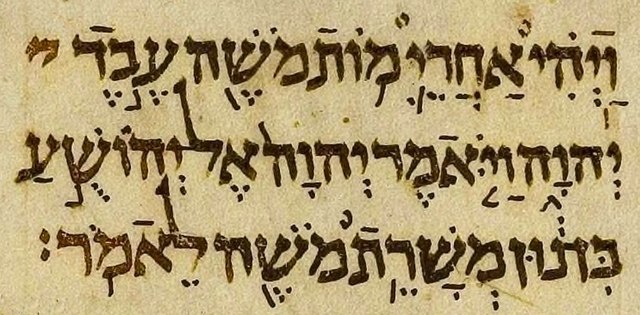Zionism is a nationalist movement that emerged in Europe in the late 19th century aiming for the establishment of a homeland for the Jewish people, particularly in Palestine, a region roughly corresponding to the Land of Israel in Jewish tradition. Following the establishment of the State of Israel, Zionism became an ideology that supports the development and protection of Israel as a Jewish state. It has also been described as Israel's national or state ideology.
Theodor Herzl was the founder of the modern Zionist movement. In his 1896 pamphlet Der Judenstaat, he envisioned the founding of a future independent Jewish state during the 20th century.
The flag of the Zionist Movement adopted in 1891 became the flag of the State of Israel, established in 1948.
Eliezer Ben-Yehuda (1858–1922), founder and leader of the movement to revive the Hebrew language, is considered the father of Modern Hebrew.
"Hezekiah ... king of Judah" – Royal seal written in the Paleo-Hebrew alphabet, unearthed in Jerusalem
Hebrew is a Northwest Semitic language within the Afroasiatic language family. A regional dialect of the Canaanite languages, it was natively spoken by the Israelites and remained in regular use as a first language until after 200 CE and as the liturgical language of Judaism and Samaritanism. The language was revived as a spoken language in the 19th century, and is the only successful large-scale example of linguistic revival. It is the only Canaanite language, as well as one of only two Northwest Semitic languages, with the other being Aramaic, still spoken today.
Portion of the Isaiah Scroll, a second-century BCE manuscript of the Biblical Book of Isaiah and one of the best-preserved of the Dead Sea Scrolls.
The word IVRIT ("Hebrew") written in modern Hebrew language (top) and in Paleo-Hebrew alphabet (bottom)
A silver matchbox holder with inscription in Hebrew
Aleppo Codex: 10th century Hebrew Bible with Masoretic pointing (Joshua 1:1).








